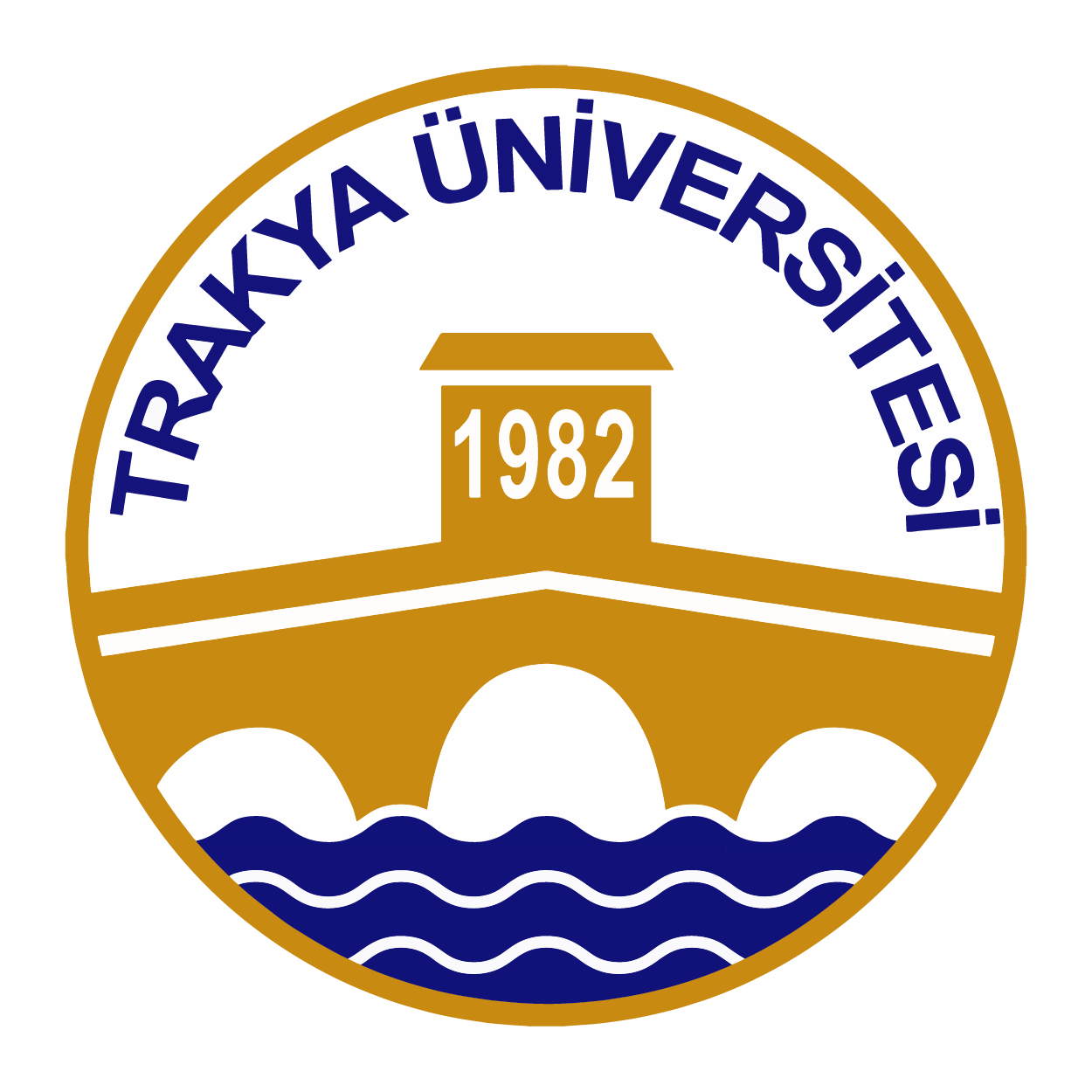ABSTRACT
One of the most important dimensions of Turkey's social history is the development process of democracy. In the process that started with the Tanzimat, a gradual change was witnessed in the structuring of the political power. With the opening of the Turkish Grand National Assembly and the subsequent revolutions in the political field, the source of power was secularized and a social order based on national sovereignty was established. With the effect of the dynamics that developed after the Second World War, a multi-party political system was adopted in Turkey. The end of the Democratic Party era, which marked the 1950s, with a coup on May 27, 1960, started a new era in the country's political life. Ideology has come to the fore as a factor affecting voter preferences. The military interventions on 12 March 1971 and 12 September 1980 led to the restructuring of the political life in the country. This study tried to reveal the attitude of the voters in Keşan, mainly through the general election results, starting from May 27, 1960 until the end of the 1980s. In this context, it has been determined that the electorate profile in Keşan is distant from the tutelage system that emerged after the coups, that it mostly shows different tendencies than the general elections, and that ideological dynamics became the determining dynamic in the voter behavior over time.



